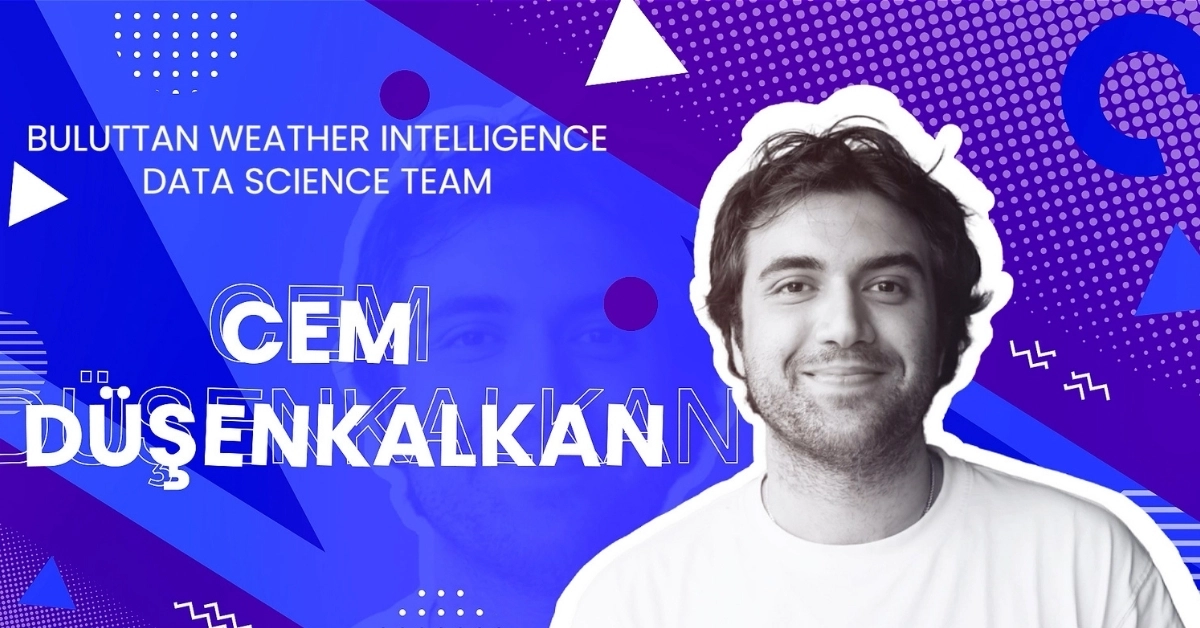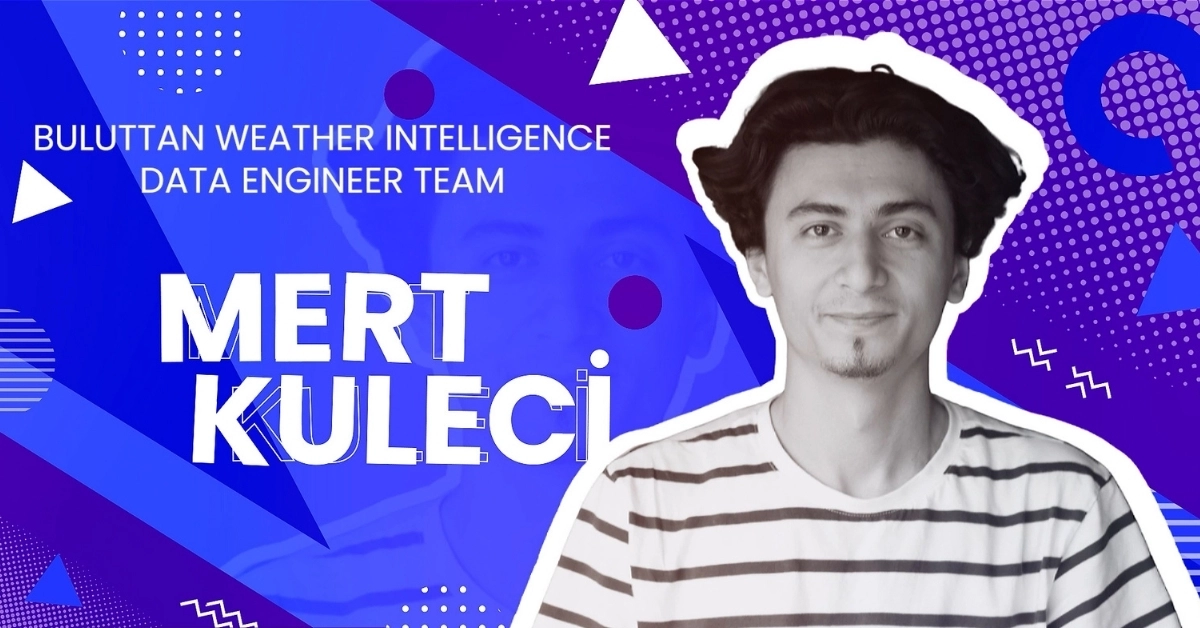Gökmen: Today, we are here with Neda. Welcome to Buluttan Small Talks, Neda.
Neda: Hello.
Gökmen: How are you?
Neda: I’m good, how about you?
Gökmen: I’m good, I’m good. We’re here to listen to you today.
Neda: Thank you.
Gökmen: So, who is Neda? How did she meet Buluttan? What has her experience been like so far? How does she spend her free time? Let’s begin—Who is Neda?
Neda: I’m a 20-year-old computer engineering student, about to graduate this year. Actually, I’m the youngest person currently working at Buluttan. Of course, maybe someone even younger will join later on. At first, I didn’t want to study computer engineering. A few years ago, I never imagined I’d be here. I was more into social sciences—and I still am. But I saw computer science and data science as tools to better understand social sciences. That’s how my journey began.
Gökmen: So how did you discover Buluttan?
Neda: Our university frequently shares job postings from companies through Sabancı’s platform. One day I received an email about Buluttan and applied. I had heard of the company from a friend’s friend, Tansylu—she’s actually been on this podcast before—but I didn’t really know what they did. It all felt very new to me. I had never seen a Weather Intelligence company before. I applied, got a call from Güven, and here we are.
Gökmen: So how has your experience been? What did you expect and what did you find?
Neda: It’s been incredibly educational. I usually work solo. In computer engineering, there are lots of group projects, but I was used to working alone. Being here was a kind of shock, because working in teams, communicating, and coordinating is required. I expected some of it, but I still learned a lot. I didn’t expect the work to be this dynamic and innovative. At Buluttan, we learn something new every day. There’s no ready-made protocol for solving problems because the company is still young. We’re the ones creating these protocols. Sometimes, we revisit previously solved problems with a new approach. Growing with a startup is a great thing. It’s one of the perks of working in this kind of environment.
Gökmen: Could you tell us a bit about your role?
Neda: I started on the product side. I work on the interfaces that clients see, designing the energy dashboards. I make sure calculations are accurate and the visuals are appealing. It’s very satisfying to see something you’ve contributed to being used by so many people.
Gökmen: How long have you been in Turkey?
Neda: For 2.5 years, almost 3.
Gökmen: And about one-sixth of that has been at Buluttan, right?
Neda: That’s right.
Gökmen: How have you connected with life in Turkey? Do you travel? Do you socialize?
Neda: When I first came here, I mostly hung out with other internationals. But that’s no longer the case. Now I have more Turkish friends, especially thanks to Buluttan. Just commuting to the office is an experience on its own. You meet people, observe the culture, and really immerse yourself in it. I learned a lot about Turkish work culture. For example, in Egypt we don’t have a lunch culture—everyone just does their own thing. We also don’t really go for coffee during work hours. But here, it’s a common part of daily life, and I’ve experienced it firsthand. I tried to travel around Turkey during university, but didn’t get to see much. I’ve been to the Black Sea and the Mediterranean coasts, but I wish I had traveled more. You can retake classes, but time doesn’t come back—so it’s important to take advantage while you can.
Gökmen: What would you suggest to those thinking about applying to Buluttan?
Neda: I’m studying computer engineering, but I knew absolutely nothing about weather. I didn’t even know how temperature was calculated! But abstraction is crucial in computer science. You don’t have to be a weather expert; as long as you have the skills required for the role, that’s enough.
Gökmen: What would you say to university juniors or seniors who could be a good fit for Buluttan? It’s a mutual match—Buluttan expects something from you, and you come in expecting to grow in your career.
Neda: The most important thing is to be willing to self-learn. You’ll have to teach yourself a lot on the job. For example, I didn’t know SQL at all. Now most of my work involves SQL. I learned it here. Tools like AI really help speed up the learning process. If you want to join Buluttan, you need to have the ability to learn on your own. Everything else is learnable. The key is knowing how to learn. If you know how to learn, figuring out which database or platform we use is easy. And you should also be open to switching teams.
Gökmen: In short, Buluttan is a great place for people who have learned how to learn. That was well said. It was a really nice chat. Let’s end with a cheerful note—here’s to good weather!
May your weather be nice!






